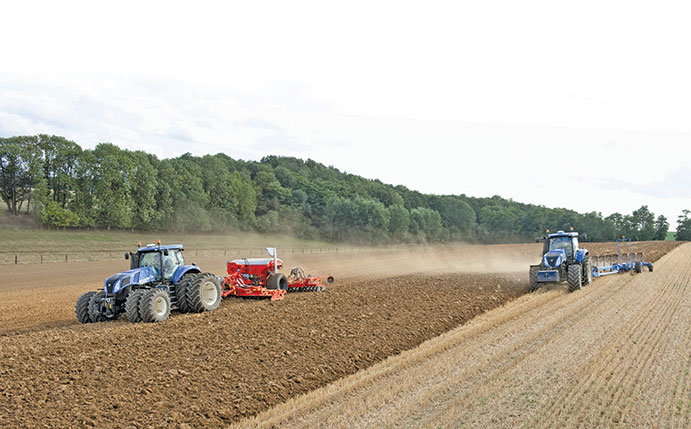
This situation neatly illustrates how we, as humans, are always simultaneously our own greatest ally and enemy.
READ Who will pay to save the planet?
It is through human ingenuity that crop and animal science technologies have developed to such an extent that farmers are able to farm more efficiently, achieving greater output while using fewer resources.
But it is also the work of humans that caused the situations which are responsible for placing more than 800 million people worldwide at risk of experiencing persistent food insecurity.
There are two main culprits, namely climate change and conflict.
The 2019 Global Food Policy Report released at the end of March by the International Food Policy Research Institute (IFPRI) said that 2018 had been a “sober and unpredictable year” for food and nutrition security.
Undernourishment rose for the third year in a row, with 821 million people in the world now facing chronic food deprivation. Despite stark warnings from leading scientists, progress on climate change had lost momentum, the report said.
READ Paving the way for GM crop production in Africa
Climate shocks, it said, were a primary driver of food insecurity in 23 countries in 2017.
Meanwhile, protracted crises, such as those in Yemen, Venezuela and South Sudan, also continued to pose grave threats to food and nutrition security.
“Conflict and instability were the main drivers of food insecurity for 74 million people in 18 countries in 2017, and there was an 11% increase in the number of food-insecure people needing urgent humanitarian assistance,” the IFPRI said.
Another report, released just one week after the IFPRI report, tells a similar story. The 2019 Global Report on Food Crises, presented by the EU and the UN, which tracks the most severe instances of food insecurity globally, found that around 113 million people in 53 countries experienced critical food insecurity (the report refers to this as “the most extreme form of hunger”) in 2018, and an additional 143 million people in another 42 countries were just one step away from facing acute hunger.
Responding to the report, the UN World Food Programme’s executive director, David Beasley, said: “To truly end hunger, we must attack the root causes: conflict, instability, [and] the impact of climate shocks.”
World leaders had to “step up to the plate and help solve these conflicts, right now,” he said.
The IFPRI report discusses in great detail how “rural revitalisation” can be the answer to these global challenges.
But it warns that the road ahead will be difficult, saying that global economic growth was projected to slow over the next two years, and combined with heightened risks for global trade, we should expect to see an increase in uncertainty for the livelihoods and food security of both producers and consumers.
This is a problem of our own making, and we can only hope that the side of humanity that brings solutions and hope to the table when it is most needed will prevail.










